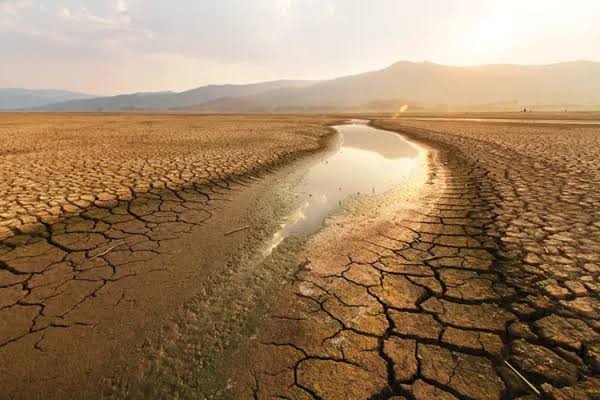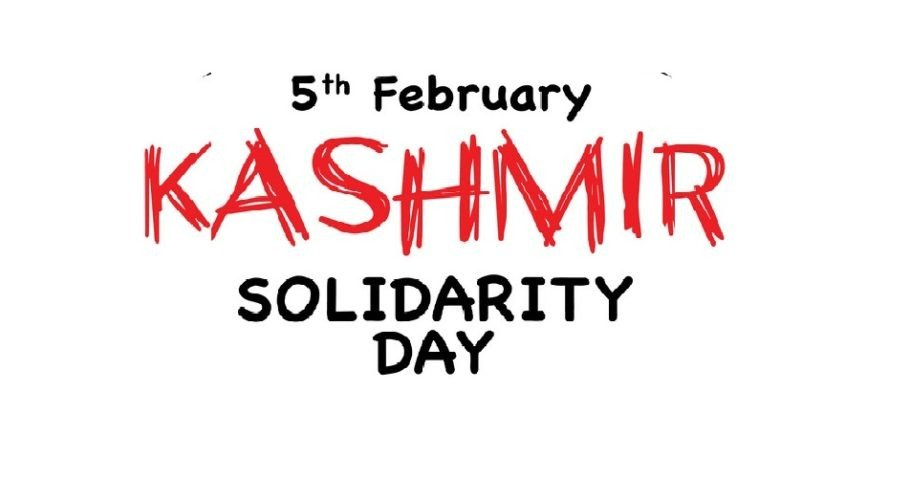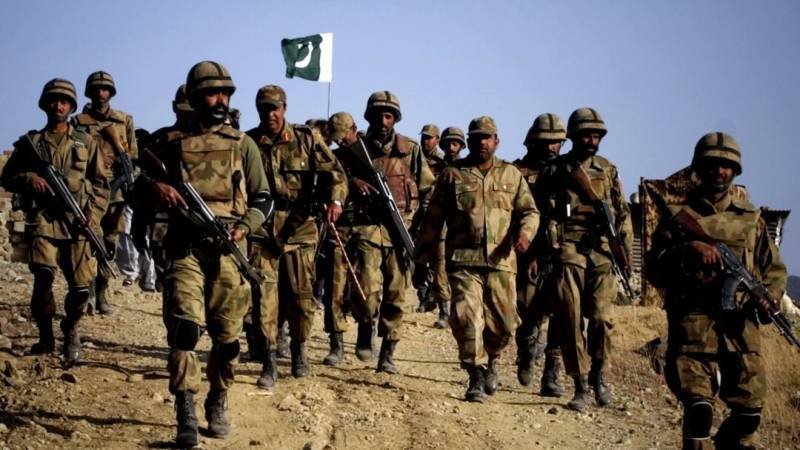Water is the lifeblood of human civilization, indispensable for sustaining life, powering economies and supporting social cohesion. For centuries, rivers and lakes have shaped the development of cities, agriculture and trade. Yet, in the modern era, water has also become a source of vulnerability and conflict. Hydro-terrorism the deliberate use of water as a tool to coerce, punish, or extract concessions represents one of the most complex and underappreciated threats in contemporary geopolitics. At its core, hydro-terrorism can be defined as “the deliberate manipulation of transboundary water flows, reservoir operations or hydrological data by an upstream actor contrary to established legal obligations or cooperative norms with the intent to coerce, punish or extract concessions from downstream populations or authorities where substantial, foreseeable and disproportionate harm to civilian life, livelihoods and critical infrastructure is a likely outcome.” This definition emphasizes that hydro-terrorism is not merely a technical interference with water systems but a calculated strategy designed to affect millions of lives, destabilize economies and undermine regional stability. It highlights the intentionality, legality and human consequences that distinguish hydro-terrorism from natural disasters, routine water management or accidental infrastructure failures.
The theoretical understanding of hydro-terrorism draws from multiple disciplines including resource-based conflict theory, environmental security and international law. Water is a unique resource because it is simultaneously essential for life, geographically constrained and renewable yet vulnerable. Unlike energy, minerals or financial assets water cannot be stockpiled indefinitely or substituted easily without significant cost or societal disruption. This makes water a high-stakes target in conflict situations. When an upstream actor deliberately alters flows, floods or contaminates water, the effects are immediate and ripple through social, economic and ecological systems.
Resource-based conflict theory explains that competition over scarce or strategic resources can exacerbate tensions particularly in regions with shared watercourses. Hydro-terrorism thus represents a convergence of environmental scarcity, technological vulnerability and geopolitical manoeuvring.
Historically, hydro-terrorism or water manipulation has manifested in a variety of contexts. In Colombia during the early 2000s, insurgent groups deliberately targeted hydroelectric dams to disrupt energy production and weaken governmental authority.
While these attacks were geographically localized, they demonstrated the operational potential of water as a weapon: destroying dams or water infrastructure can have consequences that extend far beyond immediate damage including energy shortages, social disruption and economic instability. In the United States, cyberattacks on municipal water systems exposed vulnerabilities in digital water management showing that even technologically advanced nations are not immune. Hackers were able to attempt manipulation of chemical dosing in water treatment plants demonstrating that critical water infrastructure can be exploited remotely. In the Middle East, the diversion of rivers in Syria and Iraq often by state and non-state actors illustrates how water can serve as a tool of political leverage where controlling or denying access to water directly affects civilian populations, agriculture and energy production. These examples underscore that hydro-terrorism is a global threat with historical precedent and modern technological dimensions.
The South Asian context, particularly the events in Pakistan in 2025 provides a stark contemporary illustration of hydro-terrorism’s human cost. In August 2025, Pakistan’s Punjab province experienced unprecedented flooding affecting over 8,400 villages and displacing more than five million people. The disaster resulted from a combination of intense monsoon rainfall and the release of water from Indian dams including the Thein Dam on the Ravi River and the Bhakra Dam on the Sutlej River. The opening of all gates at the Madhopur Headworks, intended to protect upstream infrastructure created a sudden surge downstream overwhelming embankments and inundating entire communities.
Croplands which form the backbone of Pakistan’s agricultural economy, were completely destroyed, leaving millions without livelihoods. The floods disrupted local economies, destroyed roads and bridges and left communities cut off from essential services. Hospitals struggled to treat outbreaks of waterborne diseases and temporary shelters were insufficient to accommodate the displaced populations. The disaster exemplifies the humanitarian, social and economic consequences of hydro-terrorism or deliberate upstream water manipulation where legal obligations and cooperative norms were inadequately respected.
The humanitarian impact of hydro-terrorism extends beyond immediate fatalities and injuries. Contaminated water can trigger epidemics, while flooding destroys homes, schools, roads and electricity networks. Economically, hydro-terrorism undermines agriculture, industry and energy production often causing cascading disruptions. In Pakistan, the destruction of crops and irrigation networks threatens food security for millions increases reliance on aid and depresses regional economic stability. Social unrest often follows, as populations compete for scarce resources or migrate to safer regions intensifying political tensions. Environmental degradation compounds these challenges: soil erosion, water pollution and habitat loss reduce long-term agricultural productivity and ecological resilience. In effect, hydro-terrorism creates interlinked crises that amplify each other leaving affected regions vulnerable to prolonged instability.
Cyber vulnerabilities have added a new dimension to hydro-terrorism. Modern water management increasingly relies on digital systems for monitoring, flow control and treatment. Hackers can manipulate water levels, release untreated water or disrupt chemical dosing in treatment plants, all remotely. In regions like South Asia, where rivers cross multiple national borders, the combination of physical manipulation and cyber intrusion could amplify damage while remaining undetected until consequences become irreversible. Cyber-enabled hydro-terrorism underscores the need for integrating physical security measures with robust cybersecurity protocols particularly for nations with shared water resources and dense populations.
Legally, hydro-terrorism occupies a complex and evolving domain. International humanitarian law prohibits attacks on civilian infrastructure including water supply systems during conflict. Treaties governing Transboundary Rivers, such as the Indus Waters Treaty between India and Pakistan, are intended to ensure cooperative water management and prevent unilateral harm. However, political tensions and incomplete compliance create gaps that hydro-terrorism exploits. The suspension of certain treaty mechanisms in 2025 heightened mistrust and reduced transparency increasing vulnerability to deliberate upstream interventions. Ethically, using water as a weapon violates fundamental principles of human rights given the disproportionate impact on civilians who depend on water for survival. Deliberate upstream manipulation disregards the moral imperative to protect life-sustaining resources from strategic exploitation.
Prevention and mitigation of hydro-terrorism require coordinated multi-layered strategies. At the national level, water infrastructure including dams, pipelines and treatment plants must be reinforced to withstand physical attacks, extreme weather and operational failures. Cybersecurity measures should be integrated with real-time monitoring, intrusion detection and automated emergency responses. Communities must be educated on emergency preparedness, evacuation planning and access to clean water supplies in case of contamination or flooding. At the regional level nations sharing rivers should establish transparent communication channels, joint monitoring systems and coordinated flood management protocols. This requires trust-building measures, shared data platforms and conflict resolution mechanisms that can operate even in times of geopolitical tension.
The international community, led by the United Nations, has a crucial role to play. There is an urgent need for explicit legal frameworks defining hydro-terrorism establishing responsibilities for upstream actors and codifying enforcement mechanisms. Such frameworks should include provisions for monitoring compliance, investigating alleged violations and providing reparations to affected populations. Integrating climate change projections into these frameworks is essential, as changing precipitation patterns, glacial melt and rising temperatures increase the likelihood of both natural disasters and deliberate manipulation. Global governance mechanisms must recognize water as a critical security issue, on par with nuclear, energy and cyber threats.
Climate change intensifies the strategic importance of water. Erratic rainfall, accelerated glacial melt and temperature variability increase both scarcity and unpredictability, heightening tensions between upstream and downstream nations. Regions with scarce water are particularly vulnerable to hydro-terrorism as adversaries can exploit limited supply for political or military advantage. Theoretical models indicate that proactive risk assessment, cross-border cooperation and climate-resilient infrastructure are essential to mitigating the multidimensional threat. Hydro-terrorism, therefore, is not solely a legal or security issue but an environmental, economic and social challenge that demands integrated solutions.
In conclusion, hydro-terrorism is no longer a hypothetical or distant threat; it is an immediate and growing danger with profound humanitarian, economic, environmental and geopolitical implications. The deliberate manipulation of water resources has devastating effects as illustrated by the 2025 Pakistan floods. Protecting water from strategic exploitation is not simply an environmental or technological concern, it is a legal, moral and security imperative. Nations must strengthen physical and cyber infrastructure, foster regional cooperation and implement preventive measures. The United Nations and other international bodies must establish comprehensive legal frameworks to criminalize hydro-terrorism and ensure accountability. Water, the essence of life must be safeguarded not only for survival but for global stability and peace. In a world increasingly defined by resource scarcity and geopolitical tension the security of water is inseparable from the security of humanity itself.

Tahir Mahmood is director of Norwegian Resource Centre, a renowned expert in counter-radicalization & governance methods, known for his work with multiple governments to address complex challenges through innovative knowledge-based &scientifically systematic solutions, Author of famous books “The Rational Blueprint “and “The Stable Coin Imperative”: Protecting Banks, Preserving Sovereignty & Pioneering the Future of Finance – A Policy Paper for Governments, Bankers& the Public.
He has contributed to the EU-funded RiskTrack research project & is currently developing a new crime theory.












